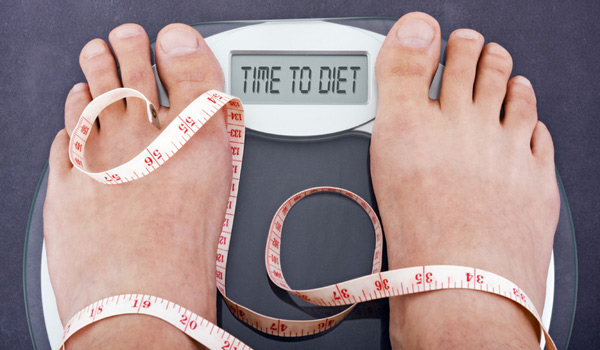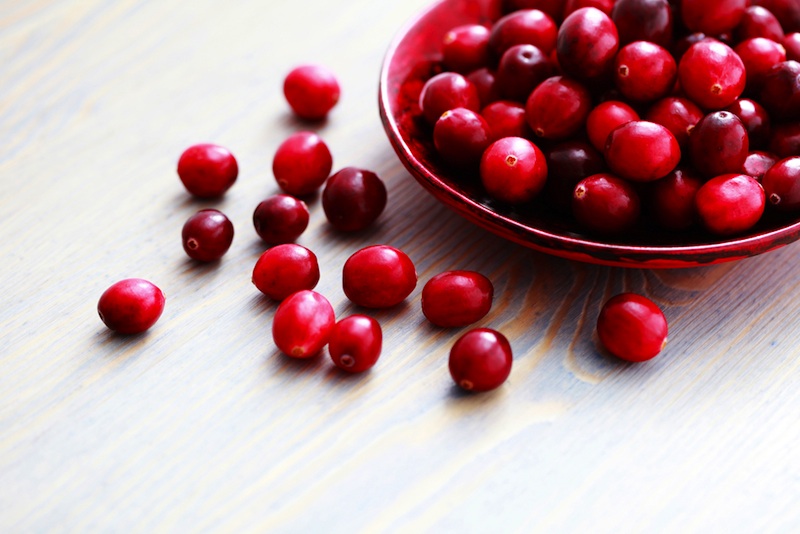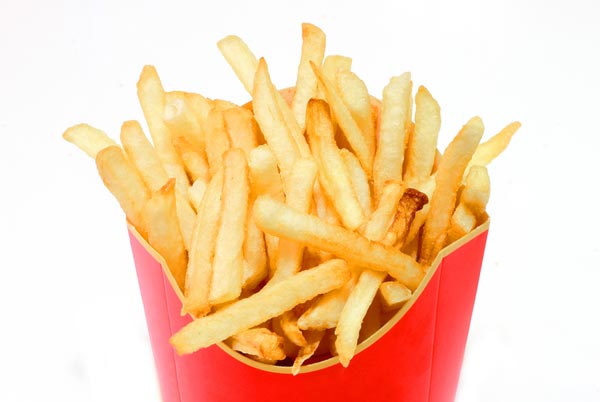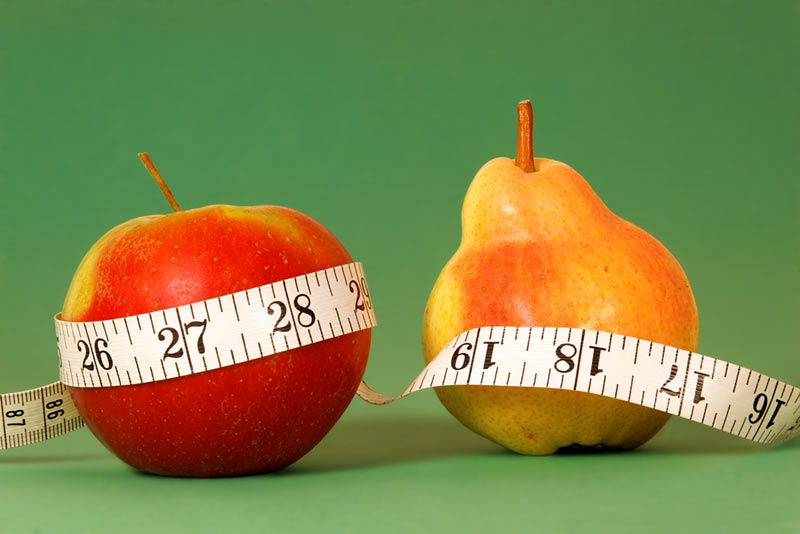
Christopher Wanjek
Christopher Wanjek is a Live Science contributor and a health and science writer. He is the author of three science books: Spacefarers (2020), Food at Work (2005) and Bad Medicine (2003). His "Food at Work" book and project, concerning workers' health, safety and productivity, was commissioned by the U.N.'s International Labor Organization. For Live Science, Christopher covers public health, nutrition and biology, and he has written extensively for The Washington Post and Sky & Telescope among others, as well as for the NASA Goddard Space Flight Center, where he was a senior writer. Christopher holds a Master of Health degree from Harvard School of Public Health and a degree in journalism from Temple University.
Latest articles by Christopher Wanjek

Worried About Dementia? Learn a Second Language
By Christopher Wanjek published
Bilingualism can strengthen the brain, a new study shows. People who spoke two languages developed dementia about 5 years later, on average, than people who spoke only one language.

Suzanne Somers' Health Advice May Be Dangerously Wrong
By Christopher Wanjek published
In her many television appearances, Suzanne Somers offers health advice to women. But what she says doesn't always hold up as fact, and in some cases, following her advice could be harmful.

Philadelphia Children's Hospital Bans Dietary Supplements
By Christopher Wanjek published

Why Hard Drinkers Have Problems with Bones
By Christopher Wanjek published
Binge drinkers and alcoholics are known to have weak bones, and to heal slowly after a fracture.

Weighty Issue: Is It Healthy for Seniors to be a Little Overweight?
By Christopher Wanjek published

Helping Kids Shed Weight by Changing Home Routines
By Christopher Wanjek published
Improving home habits such as less TV, more sleep and family meals can help reduce childhood obesity.

Diabetes Discovery: Protein Pathway Points to Possible Treatment
By Christopher Wanjek published

Making Adult Hospitals More Like Children Hospitals
By Christopher Wanjek published

Losing Weight: Lifestyle Changes Trump Any Diet
By Christopher Wanjek published
The type of diet (low-carb, low-fat) doesn't matter when maintaining healthy weight, because only lifestyle changes lead to long-term changes.

New 'Consciousness Meter' Could Aid Brain-Injury Treatments
By Christopher Wanjek published
People with brain injuries may have varying levels of consciousness, and now researchers say they may have a way to measure a person's consciousness.

How Cranberries Stop Bacteria in Their Tracks
By Christopher Wanjek published
Cranberry juice may stall urinary tract infections, according to new research. Bacteria cells growing in lab dishes were stopped in their tracks by the compounds found in cranberries.

Falun Gong: Exercises & Spiritual Movement
By Christopher Wanjek published
Falun Gong is a modern exercise and spiritual movement that began in China in 1992.

Can Acupuncture Help Women Get Pregnant?
By Christopher Wanjek published

Disease Prevention Celebrated but Rarely Practiced
By Christopher Wanjek published

Want to Live Longer? Eat a Plant-Based Diet
By Christopher Wanjek published
Vegetarians had significantly lower risk of death compared to meat-eaters among 73,000 people, published today in JAMA.

Obesity Bias Common Among Medical Students
By Christopher Wanjek published
Two separate studies suggest how obese patients might be treated by doctors.

Do Fast-Food Restaurants Fall Short on Their Health Claims?
By Christopher Wanjek published
Fast-food restaurants' claim of having healthy menus falls flat in a new analysis showing that they are only marginally healthier than 14 years ago.

How to Reduce Gun Violence: Book Finds Common Ground
By Christopher Wanjek published
Public support for certain gun control policies is strong, according to a new book.

What is Homeopathy?
By Christopher Wanjek published
Homeopathy is an alternative medical practice. No scientific studies support its use.

Shaped Like an Apple? Beware Kidney Disease
By Christopher Wanjek published
Even in the lean, belly fat can raise the risk of kidney disease, and scientists may know why.
Sign up for the Live Science daily newsletter now
Get the world’s most fascinating discoveries delivered straight to your inbox.





